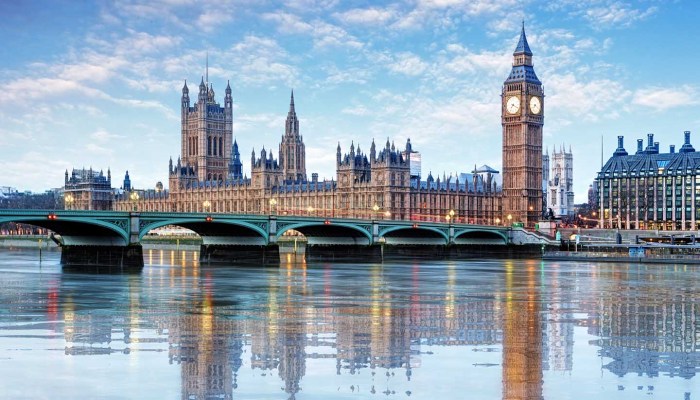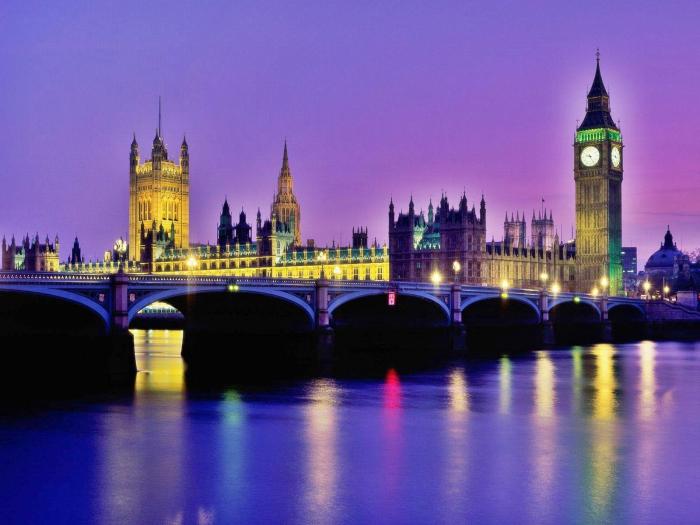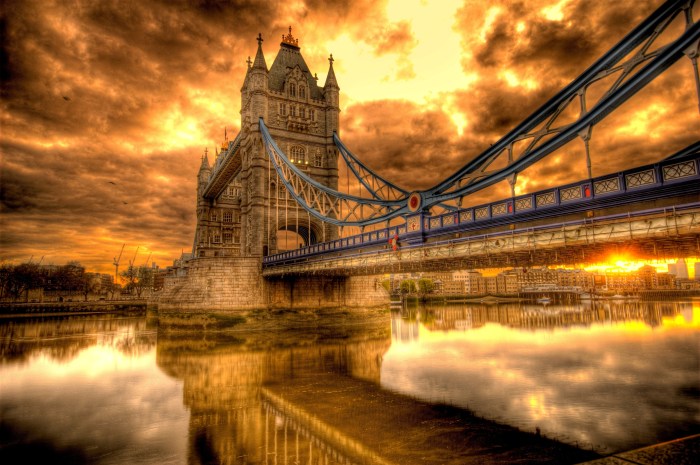Country the pilgrims left behind 7 letters – England: The Country the Pilgrims Left Behind delves into the compelling narrative of the Pilgrims, a group of English settlers who embarked on a perilous journey to the New World in search of religious freedom and a better life. This captivating account unravels the intricate tapestry of their motivations, challenges, and enduring legacy.
Driven by religious persecution and economic hardship, the Pilgrims bid farewell to their homeland, embarking on a treacherous voyage across the Atlantic Ocean. Their destination: the uncharted wilderness of North America, where they hoped to establish a society founded upon their Puritan beliefs.
Historical Context: Country The Pilgrims Left Behind 7 Letters

The Pilgrims, a group of English Puritans, left their home country due to a combination of religious and political factors. They faced persecution for their nonconformist religious beliefs, which challenged the authority of the established Church of England. Politically, they opposed the policies of King James I, who sought to strengthen the monarchy and suppress dissent.
Economic and social conditions also influenced the Pilgrims’ decision to emigrate. They lived in a period of rapid economic change and social upheaval, with many people losing their land and livelihoods due to the enclosure movement. The Pilgrims hoped to find a new life in a land where they could practice their religion freely and build a prosperous community.
Destination and Settlement
The Pilgrims left England in 1620 on the Mayflower and settled in Plymouth, Massachusetts. They chose this location because it offered a good harbor and was relatively isolated from English settlements. However, they faced numerous challenges in establishing a new colony, including harsh weather, disease, and conflict with the native Wampanoag tribe.
Cultural and Social Impact
The Pilgrims brought their own cultural and social values to the New World. They believed in a strict Puritan ethic that emphasized hard work, thrift, and self-reliance. They also had a strong sense of community and cooperation, which helped them to survive the challenges of their new environment.
The Pilgrims’ arrival had a significant impact on the native Wampanoag tribe. The two groups had very different cultures and ways of life, and they often clashed over land and resources. The Pilgrims also brought diseases to the New World that decimated the native population.
Historical Legacy, Country the pilgrims left behind 7 letters
The Pilgrims’ departure from their home country had a profound impact on American history. They established the first permanent English settlement in North America, and their values and beliefs shaped the development of American society and culture.
The Pilgrims’ legacy is still debated today. Some historians argue that they were religious zealots who imposed their beliefs on others, while others see them as pioneers who helped to create a more tolerant and democratic society.
Comparative Analysis
The Pilgrims’ experiences were similar to those of other immigrant groups who left their homelands. They faced many of the same challenges, such as persecution, economic hardship, and conflict with the native population.
However, the Pilgrims were also unique in some ways. They were motivated by a strong religious faith, and they were determined to create a new society based on their own values. This made them different from other immigrant groups, who were often more focused on economic or political goals.
Popular Questions
Why did the Pilgrims leave England?
The Pilgrims left England primarily due to religious persecution and the desire for greater religious freedom.
Where did the Pilgrims settle after leaving England?
The Pilgrims settled in Plymouth Colony, located in present-day Massachusetts.
What were some of the challenges the Pilgrims faced in the New World?
The Pilgrims faced numerous challenges in the New World, including harsh weather conditions, disease, and conflicts with Native American tribes.


